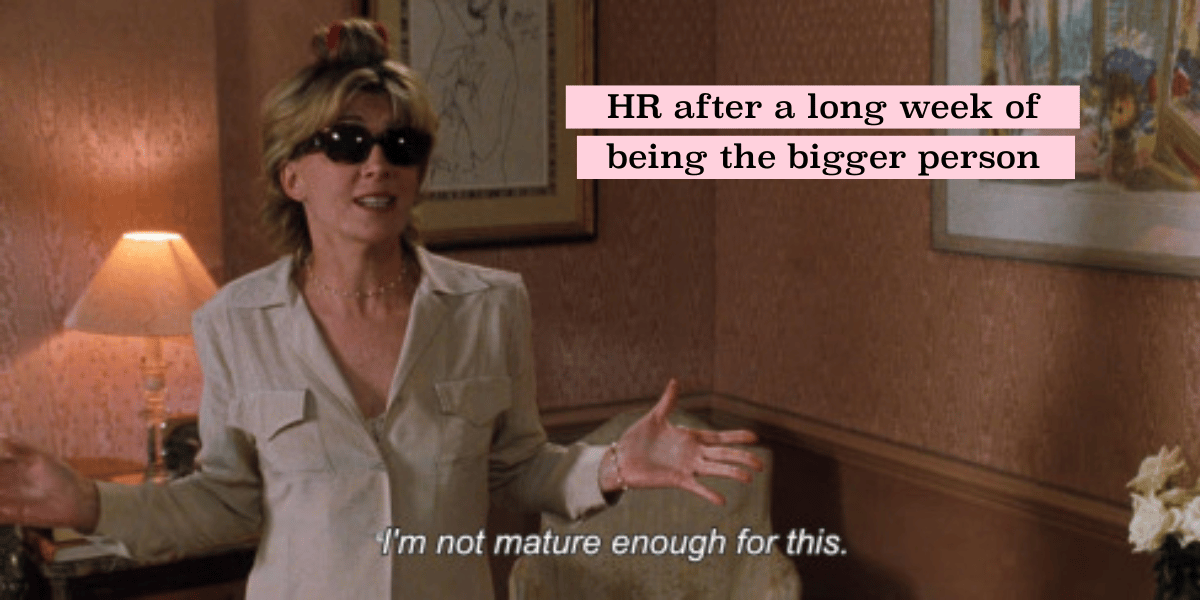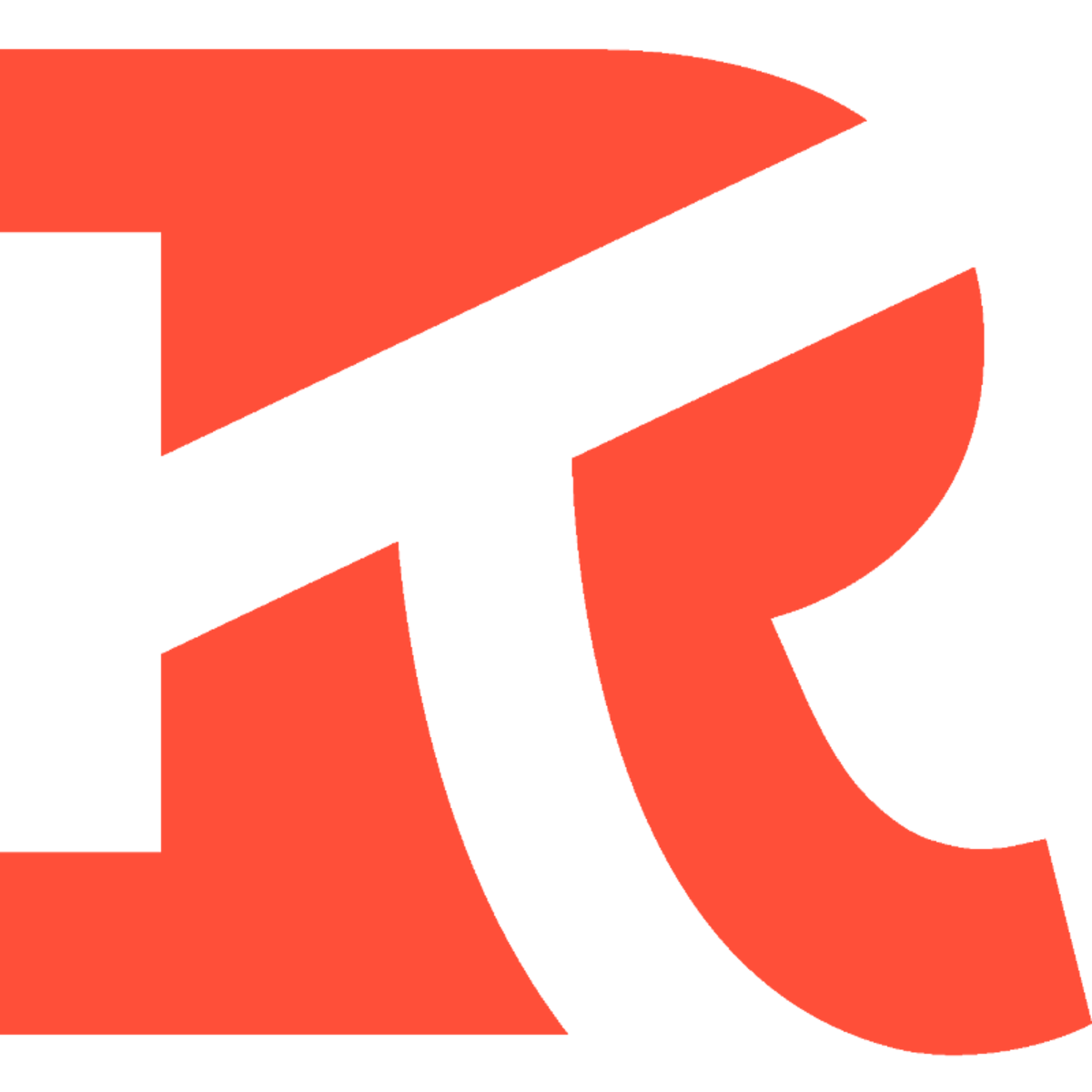I was pumped! In my first step out of academia, I’d been hired as a “Senior” Consultant by a CEO who emphasized mentorship and development. He promised growth and regular check-ins. I just knew this was the place for me.
I prepped for our first 1-on-1 meeting—professional, confident, camera-ready. Minutes before logging in, I got a message:
“Sorry, we’ll have to reschedule. An important client meeting came up.”
No problem, I thought. I’m flexible. I’m cool.
But it happened again the next week, and the next. When we finally met, the CEO was clearly distracted - I could see him scrolling and checking emails. His questions were scattered, and when our 15-minute check-in ended, he logged off before I could finish asking my questions.
Alone in my home office, anxiety kicked in:
I don’t know what I’m doing.
Maybe I’m not as smart as I thought.
I’ll never figure this out.
The issue? This leader had a trust problem.
He was smart and capable—but lacked the follow-through to build trust.
Trust is essential in any organization, but it’s absolutely critical in remote work. Without casual conversations or body language cues, we end up relying on our assumptions and best guesses—and when trust is low, those assumptions often spiral into:
Disengagement
Negative stereotypes
Caution over innovation or honesty
Information bottlenecks and misalignment
So how do we build trust in virtual environments?
We need to amplify our communication. Remote relationships demand more intentionality and clarity than in face-to-face settings. We can no longer take our connections for granted.
Here are a few things to consider:
Trust killers:
Quick replies (e.g., “K”) that create confusion and stress
Error-ridden messages signaling “too busy to care”
Multitasking during calls (yes, we can tell)
Ghosting emails or Slack messages (what better way to say “you don’t matter”)
Trust builders:
Connection – Create consistent, intentional spaces for discussion, questions, and alignment.
Predictability – Show up regularly. Pay attention. Reliability signals commitment and tells people, “You really do matter.”
Trust isn’t automatic—especially online. It must be built deliberately, consistently, and visibly. Only then can you tap into the full potential of your remote team.
Dr. Peggy Kendall has been a professor of Communication Studies for over 20 years. Consulting, training, and coaching remote leaders has made her painfully aware of how communication is disrupted in online work environments. Trust at a Distance: 6 Strategies for Managing in the Remote Workplace is co-authored with trust expert David Horsager and will be released by Berrett-Koehler in November, 2025. To help your organization more effectively show up for remote workers, visit www.peggykendall.com


Cool newsletters you’ll love 🥰
🧠 B2B Marketing With AI : The latest AI tools, prompts, tutorials, and case studies for busy CMOs, and marketing professionals.
🪜 Profit Ladder : Turn your hard-to-sell services into offers your clients buy.
😎 Thriving Freelance: Gigs & Growth : Hundreds of job opportunities sent directly to your inbox each week, plus timely resources to support you as you grow and evolve. The Harlow newsletter is a treasure trove for freelancers, creators, and entrepreneurs.
New Partner!
HR is lonely. It doesn’t have to be.
The best HR advice comes from those in the trenches. That’s what this is: real-world HR insights delivered in a newsletter from Hebba Youssef, a Chief People Officer who’s been there. Practical, real strategies with a dash of humor. Because HR shouldn’t be thankless—and you shouldn’t be alone in it.
🌺 Find Joy In Your World Today
New to Thrive Remotely? Check out the newsletter archives
Interested in partnering or advertising with us? Get in touch
Looking for a new job? Check out our curated Job Boards
Like classy remote working merchandise? Shop our store
Help support this newsletter? Buy us a coffee 🙏🏻
Meet people IRL? See our Community Calendar
Have an idea for a story or column? Pitch us



